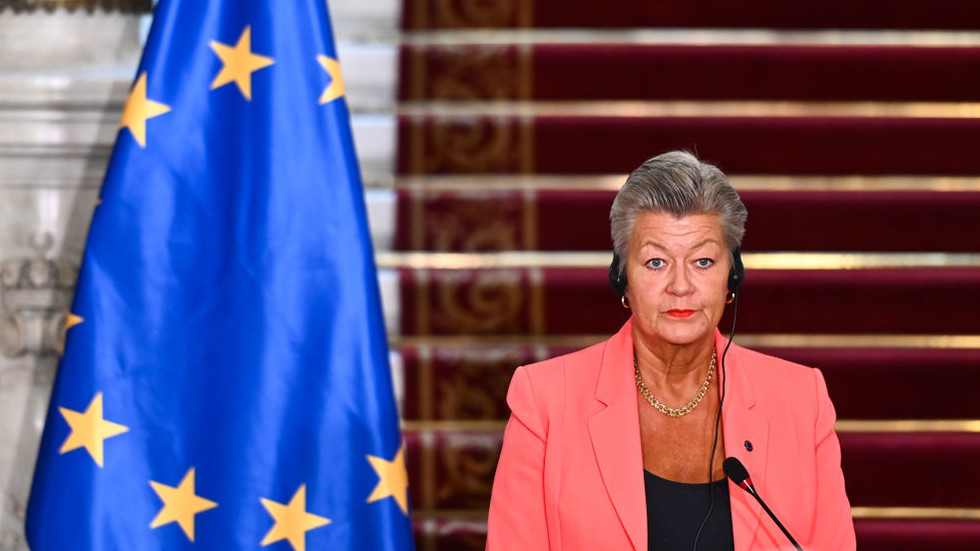The European Union is set to unveil plans to overhaul its artificial intelligence and data privacy rules on Wednesday, following pressure from European and US companies. The proposed changes aim to simplify the bloc’s digital rules, driving economic growth and helping European businesses compete with American and Chinese rivals.
The EU’s tech chief, Henna Virkkunen, will present the plans alongside the justice commissioner in charge of data protection, Michael McGrath. The proposals are part of the EU’s effort to reduce dependence on foreign tech giants and promote innovation. However, some critics argue that the focus on regulation has come at the expense of innovation, while others fear that the EU is withdrawing from its role as a watchdog for Big Tech.
The EU executive is considering changes to its landmark data protection rules and the AI law that came into force last year. One potential proposal would address the issue of cookie banners, which demand users’ consent for tracking on websites. According to draft documents, Brussels plans to redefine personal data and how companies can use it, allowing firms to process such data for legitimate interests, such as training AI models.
The proposals also include a one-year pause on implementing provisions related to high-risk AI, which could pose dangers to safety, health, or citizens’ fundamental rights. This move is expected to please American and European firms, which have warned that the current rules risk stifling innovation. Dozens of Europe’s biggest companies, including Airbus, Lufthansa, and Mercedes-Benz, had called for a pause on the AI law in July.
The EU has insisted that European users’ data privacy will be protected, despite concerns from rights defenders that the proposed changes could downgrade users’ privacy. The changes will need to be approved by both the EU parliament and member states, and EU chief Ursula von der Leyen may face opposition from her coalition partners, who have expressed concerns about the proposed changes.
The EU’s push to simplify its digital rules has been driven by the need to promote economic growth and competitiveness. However, the bloc must balance this goal with the need to protect citizens’ rights and privacy. As the EU moves forward with its proposed changes, it will be important to monitor the impact on innovation, privacy, and the digital economy. The outcome of these changes will have significant implications for the EU’s role in the global digital landscape.



